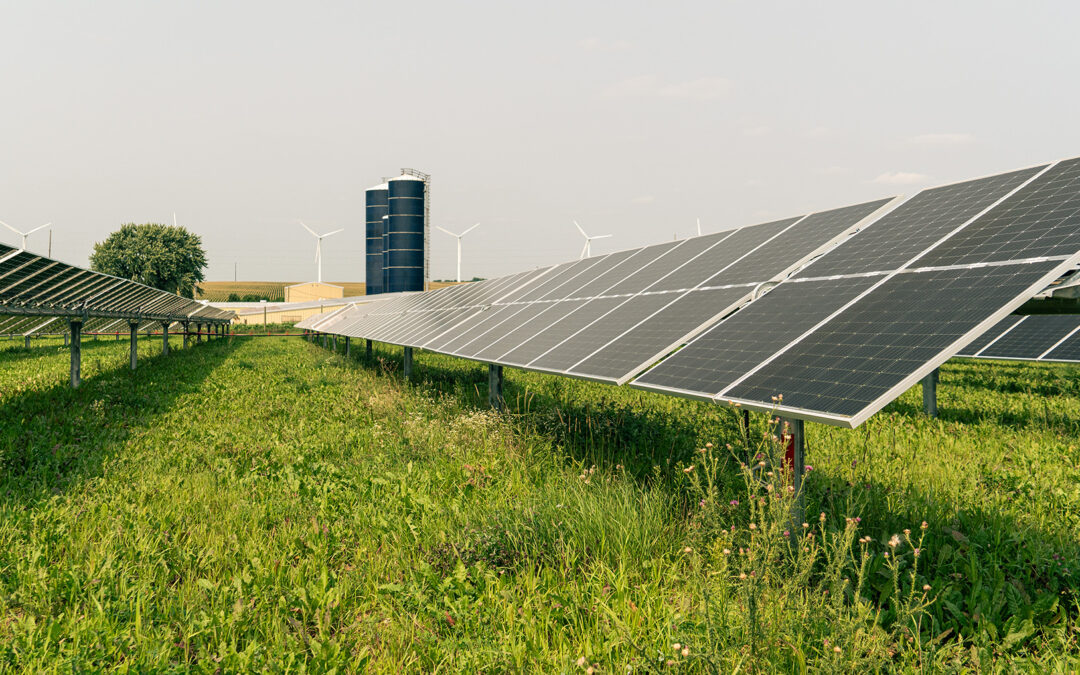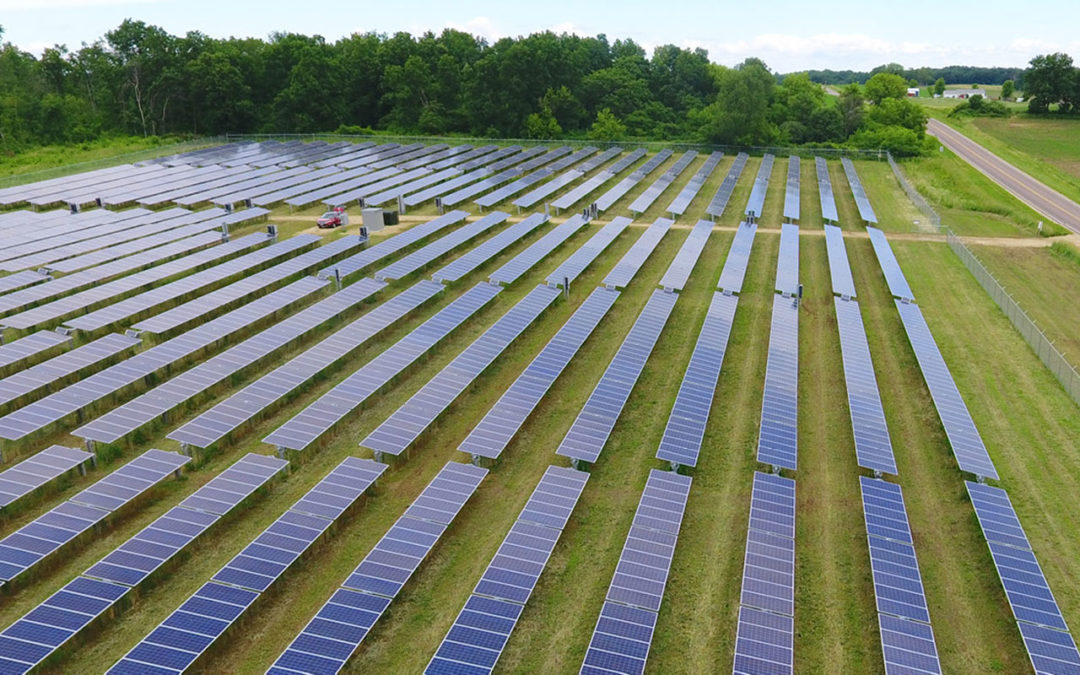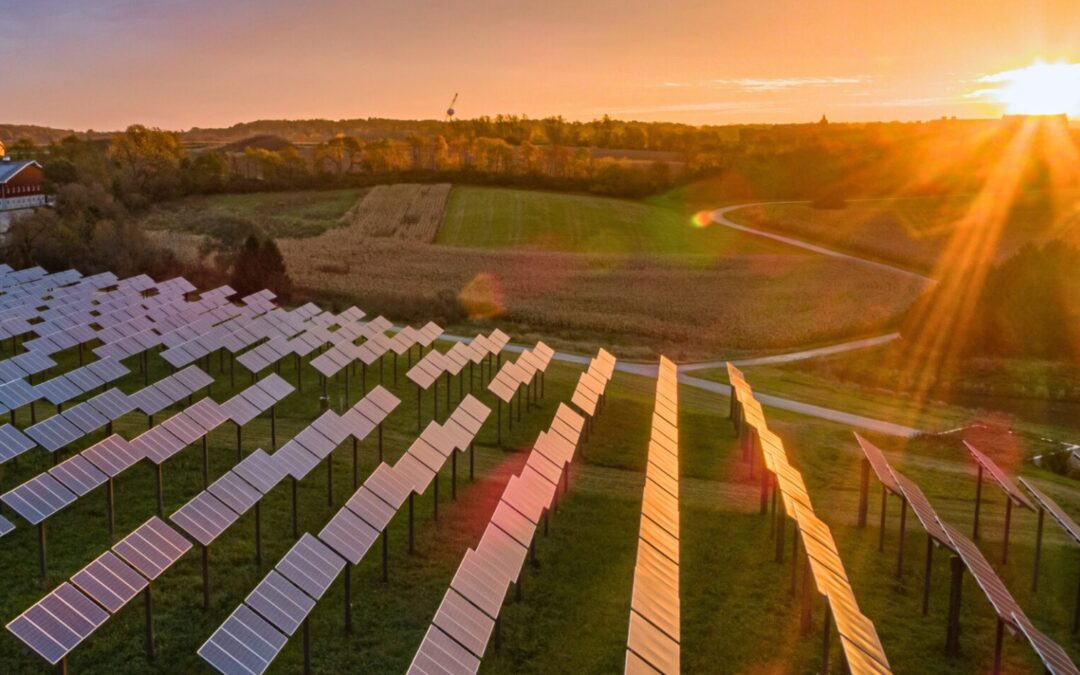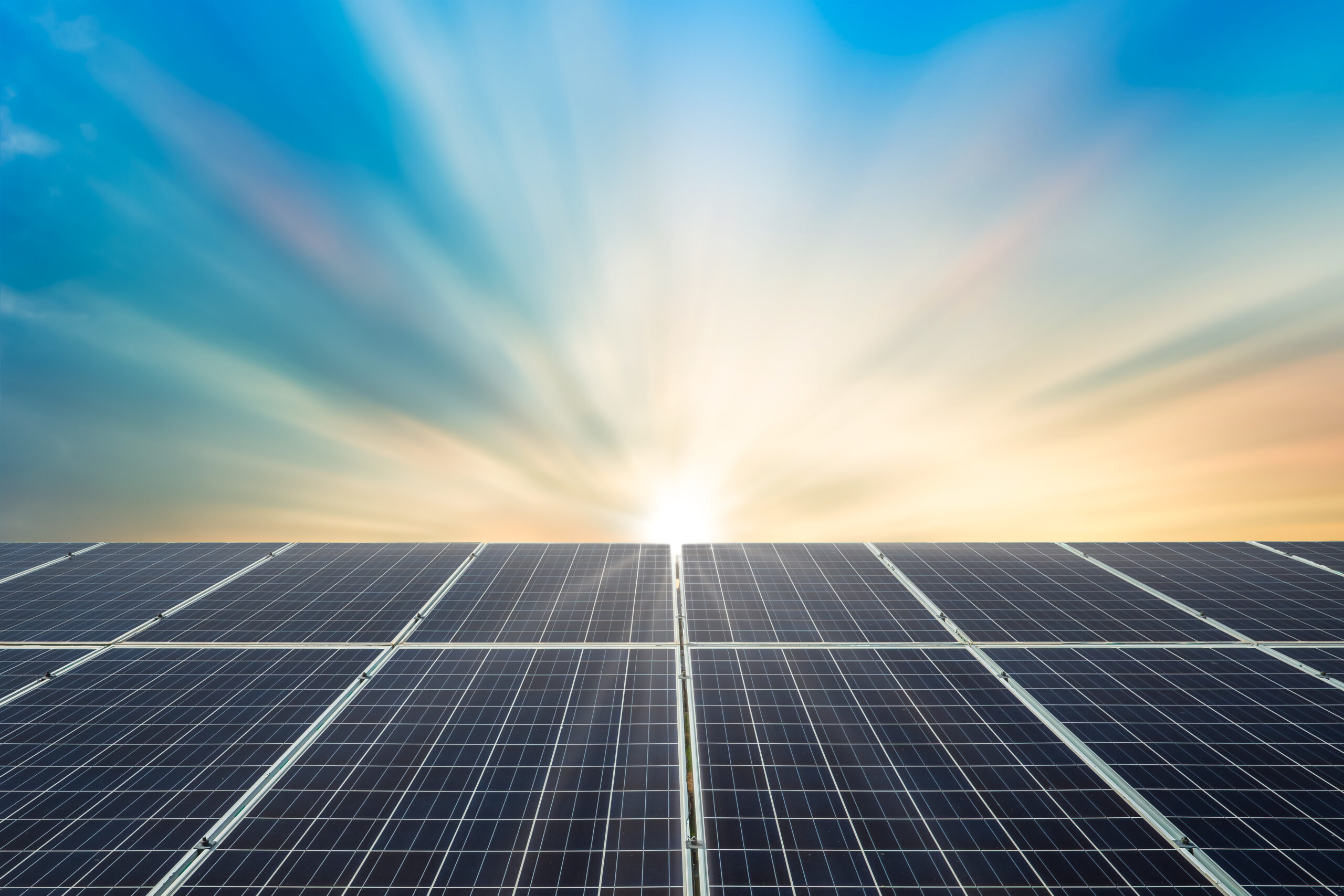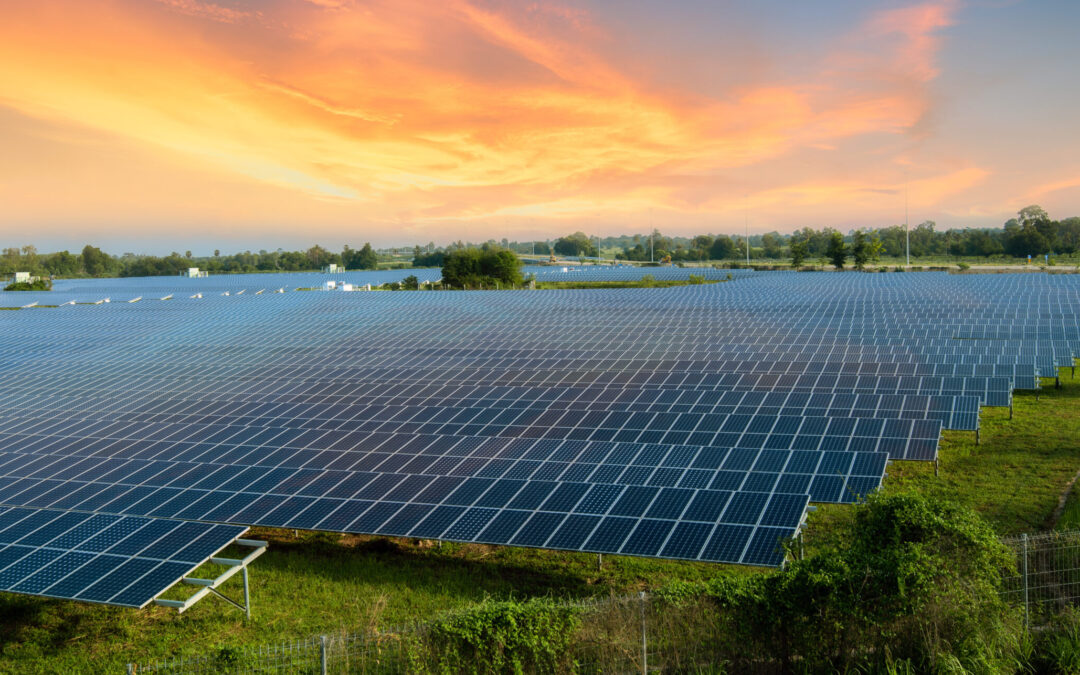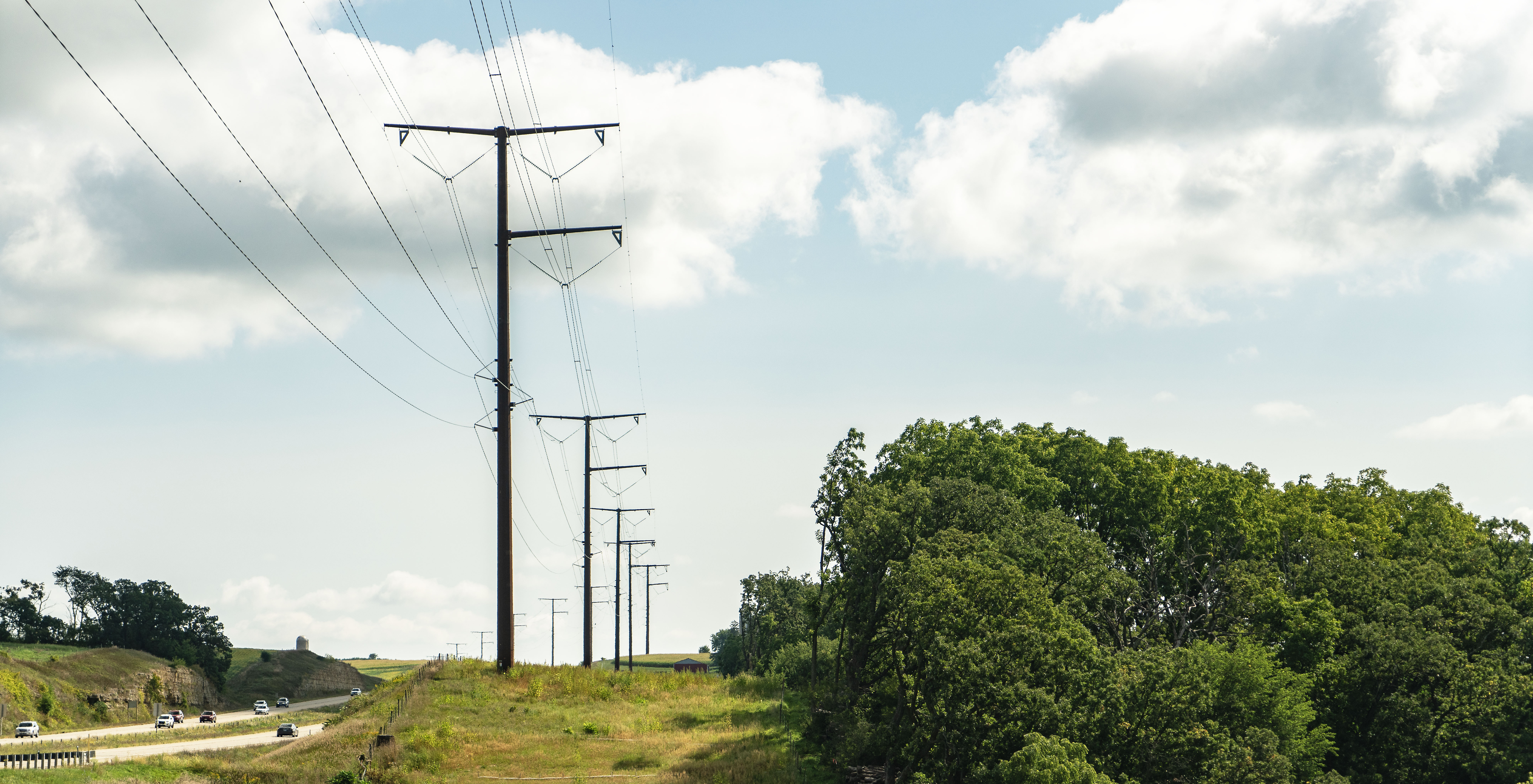
The PSC Approves Two New Transmission Projects in Wisconsin
On Thursday, October 30, the Public Service Commission of Wisconsin (PSC) authorized two important transmission projects. These projects are part of the Midcontinent Independent System Operator’s Long Term Transmission Planning (MISO LRTP) processes. They will be jointly owned and operated by Xcel Energy and American Transmission Company (ATC).
The Western Wisconsin Transmission Connection Project (Western Wisconsin Project) will run through the Eau Claire region, connecting Trempealeau County to Clark County. This transmission project will connect with the separate Grid Forward Central Wisconsin Project (Central Wisconsin Project), which will run from the central part of the state to Columbia County. These two projects are a necessary part of the state’s effort to expand renewable energy production in Wisconsin and the broader Midwest region. Updated and new transmission lines support the modernization and decarbonization of the resources that produce energy for Wisconsin’s homes and businesses.
RENEW participated in the legal proceedings for these transmission projects, in which the PSC considered the applications and found that these projects were in the public’s best interest. RENEW’s expert testimony detailed the need for both the Western and Central Wisconsin Projects from the perspective of renewable energy integration and economic development.
According to Xcel Energy, the Western Wisconsin Project alone will “support the full interconnection of over 43,000 megawatts (MWs) of potential new renewable generation in the upper Midwest.”
According to the Wisconsin Zero Carbon Study, Wisconsin will need to rely on an interconnected grid that works with those of neighboring states such as Minnesota, Iowa, and Illinois to integrate renewable energy resources and decarbonize the grid. These two transmission projects will interconnect with another transmission project proposed by Dairyland Power Cooperative, which will be taken up by the PSC later this year. All three of these transmission projects will eventually interconnect with lines in Minnesota. As a result, these projects represent major building blocks for the transmission corridors modeled in the Wisconsin Zero Carbon Study.
As stated by RENEW Policy Director Andrew Kell in his testimony, utility-scale renewable resources will utilize these transmission projects “to support their interconnection and delivery of power to Wisconsin’s homes and businesses. The proposed transmission [projects are key examples] of infrastructure needed for Wisconsin’s clean energy economy.”
RENEW applauds the PSC for authorizing these projects, and we look forward to the many solar, wind, and clean energy storage projects that will be able to deliver clean, reliable energy once these transmission projects are completed.

